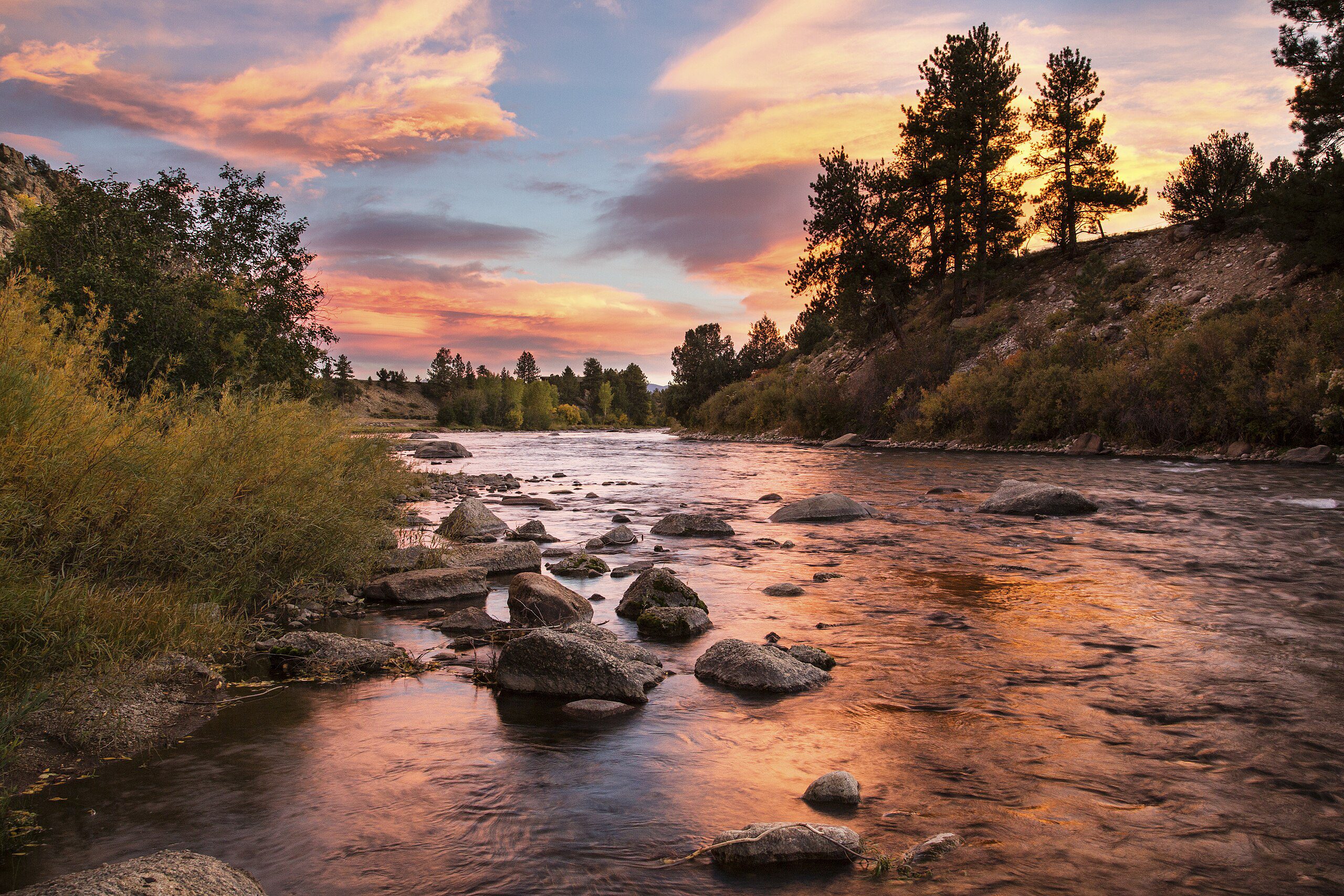- Senate parliamentarian removes land sale clause from budget bill.
- Over 3 million acres of public lands spared—for now.
- Conservation groups warn similar proposals may return.
- Bipartisan pushback underscores broad support for public land access.
Wednesday, June 25, 2025 — A controversial Senate proposal that would have enabled the sale of over three million acres of public land has been blocked, at least for the moment. On June 24, 2025, the U.S. Senate parliamentarian ruled that a clause calling for the mandatory sale of federally managed lands across 11 Western states could not be included in the current budget reconciliation measure. The decision removes, for now, a provision that had ignited strong bipartisan opposition and public outcry.
The proposal originally advanced by the Senate Energy and Natural Resources Committee would have dramatically expanded criteria for land disposal, opening over 250 million acres of public land to potential sale. Lands under active grazing permits, vital wildlife migration corridors, watersheds, and culturally significant Indigenous sites were among those listed as vulnerable.
Backlash from Conservationists and Lawmakers.
The decision to strike the provision was welcomed by conservation organizations and lawmakers from both sides of the aisle.
Environmental groups had mobilized quickly after the bill’s introduction. The Wilderness Society, Outdoor Alliance, and Western Watersheds Project all raised alarms over the ecological and recreational consequences. A joint letter from over 100 conservation organizations warned that the sale could result in irreversible losses, including restrictions on public access and threats to habitat protection.
In one of the more striking developments, a detailed map released earlier in June showed the vast extent of the affected territory. The proposal had the potential to impact more than 100,000 miles of trails and countless outdoor recreation sites, ranging from Mount Hood’s forest routes to Idaho’s rugged Sawtooth Mountains.
The Western Watersheds Project emphasized that these lands are far from vacant. “They’re home to pronghorn, sage grouse, mountain lions, native trout, and ancient cultural sites,” said Deputy Director Greta Anderson.
The growing outdoor recreation economy, which supports millions of jobs and generates billions in revenue, has made public land access a key, bipartisan issue. Nearly three-quarters of Americans consistently oppose the sale or closure of public lands, according to longstanding national surveys. These sentiments have not gone unnoticed by elected officials.
“Last night’s ruling in the Senate is an important victory in the fight to protect America’s public lands from short-sighted proposals that would have undermined decades of bipartisan work to protect, steward, and expand access to the places we all share,” wrote the Trust for Public Lands yesterday. “Across the country and across party lines, Americans have made it overwhelmingly clear: they do not want to see their public lands sold off to the highest bidder. Land sell-off proposals are deeply out of step with the will of a vast majority of Americans.”
yesterday. “Across the country and across party lines, Americans have made it overwhelmingly clear: they do not want to see their public lands sold off to the highest bidder. Land sell-off proposals are deeply out of step with the will of a vast majority of Americans.”
Groups like the Rocky Mountain Elk Foundation and the National Wildlife Refuge Association have emphasized that any future proposals must incorporate public input and conservation reinvestment. “Public lands are not currency,” said National Wildlife Refuge Association President Desirée Sorenson-Groves. “We can’t trade away our natural legacy.”
Future Uncertain as Vote Looms.
Despite the parliamentarian’s ruling, conservation groups warn that land sale proposals may be reintroduced in future reconciliation bills or other legislative vehicles. Some lawmakers have signaled continued interest in privatizing federal land, while other provisions, such as cuts to the Land and Water Conservation Fund, remain on the table.
With a Senate vote expected before the July 4 recess, the broader reconciliation bill still poses risks to environmental programs and land protections. Conservation leaders are urging the public to stay informed and engaged in defending America’s public lands. As Collin O’Mara of the National Wildlife Federation emphasized, “The threat… is not over.”
emphasized, “The threat… is not over.”


My hopes are that this continues to be blocked. The sheer amount of acreage involved is astronomical. No good can come from raping our country.